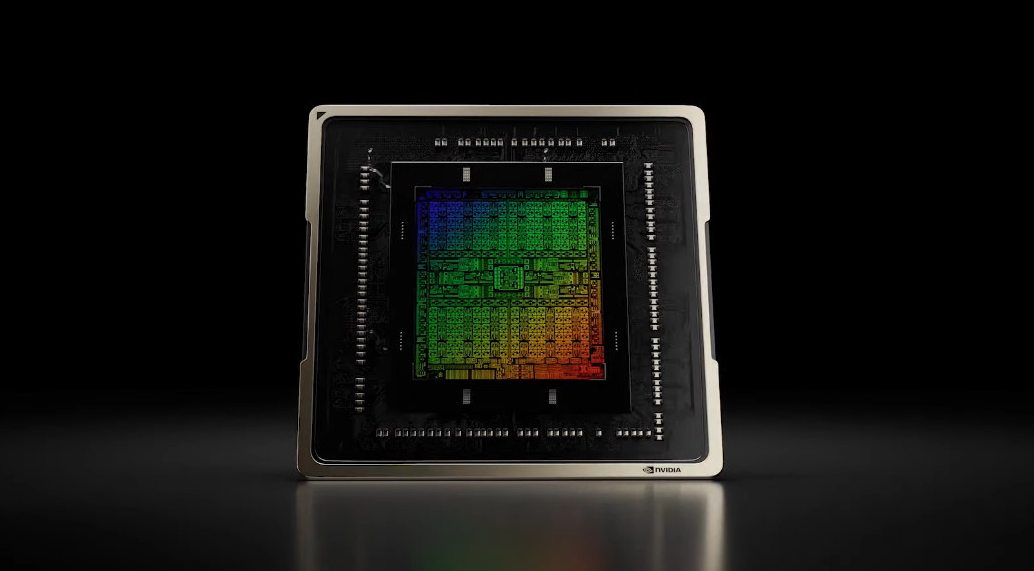
Be careful what you believe...
PC hardware leak culture is out of control. So say no lesser luminaries of the PC hardware scene than Gordon Mah Ung of PC World and Steve Burke of Gamer’s Nexus.
“Internet, we need to talk about your addiction to the leak culture,” Gordon begins in a recent Youtube video. And he’s got a point. The pace and frequency of stories, videos and other coverage of rumours concerning upcoming hardware, mainly CPUs and GPUs, from Intel, AMD and Nvidia is surely greater now than ever before.
Ung and Burke cover the impact that leaks can have on these companies, the biggest problem being inaccurate leaks leading to unrealistic expectations. That can mean an actually decent new product can receive a frosty reception simply because it’s not as good as unrealistic and incorrect details in “leaks” leading up to the launch.
One example here is AMD’s Ryzen 3000 not hitting the rumoured 5GHz. That disappointed some enthusiasts, despite the fact that it was a very competitive CPU by any sensible measure. Their other major beef is the idea that PC enthusiasts actually plan builds around the information contained in leaks.
They also discuss the possibility that manufacturers themselves are behind at least some of the so-called “leaks”. They likewise recognise that leaks are what readers and viewers want and that they themselves do indeed engage in some leak coverage.
As Gordon says, “there are some things you just have to talk about.” Gordon and Steve likewise recognise that leak culture ultimately reflects the genuine interest in new hardware. It’s because people are excited about new processors and graphics cards that the leak industry exists. And that’s got to be a good thing. The alternative is nobody caring.
Not all members of AMD’s latest RTX 40 graphics family have lived up to the early leaks and hype. (Image credit: Future)
The moral of the story from their point of view, then, is on the one hand how media outlets handle leaks and on the other how consumers process them. They want more fact checking and more clarity as to the veracity and quality of unofficial information from content producers, and then a less credulous attitude from readers and consumers.
Of course, for as long as there has been an internet to provide a platform, there has been a hardware rumour mill. But as Burke points out, the leak industry is now so big that entire organisations exist on the back of propagating and discussing leaks.
(Image credit: Future)
Best CPU for gaming: The top chips from Intel and AMD
Best gaming motherboard: The right boards
Best graphics card: Your perfect pixel-pusher awaits
Best SSD for gaming: Get into the game ahead of the rest
It’s a somewhat subjective call as to which websites and YouTube channels are most guilty of reporting a high volume of more dubious leaks. So, there’s little value in naming names. But most PC enthusiasts will be familiar with the usual suspects and have worked out roughly which sources have a decent hit rate and which spam any old thing in the hope of driving traffic.
Arguably, there’s an inversely proportional relationship between how seriously an outlet takes themselves and the business of leaking and the accuracy of their information.
More generally, common sense probably prevails here. The further out from the launch of a product, the more sceptically any unofficial information should be treated. Likewise, the basic sanity checks usually work. Yes, some truly surprising new CPU or GPU does appear occasionally. But more often, if some or other rumour doesn’t make sense or falls well outside the usual expectations for generational performance improvements, it probably isn’t right.
Long story short, leaks can be interesting, they can be informative, they can be fun. But it’s definitely a good idea if none of us take them, or ourselves, too seriously.




